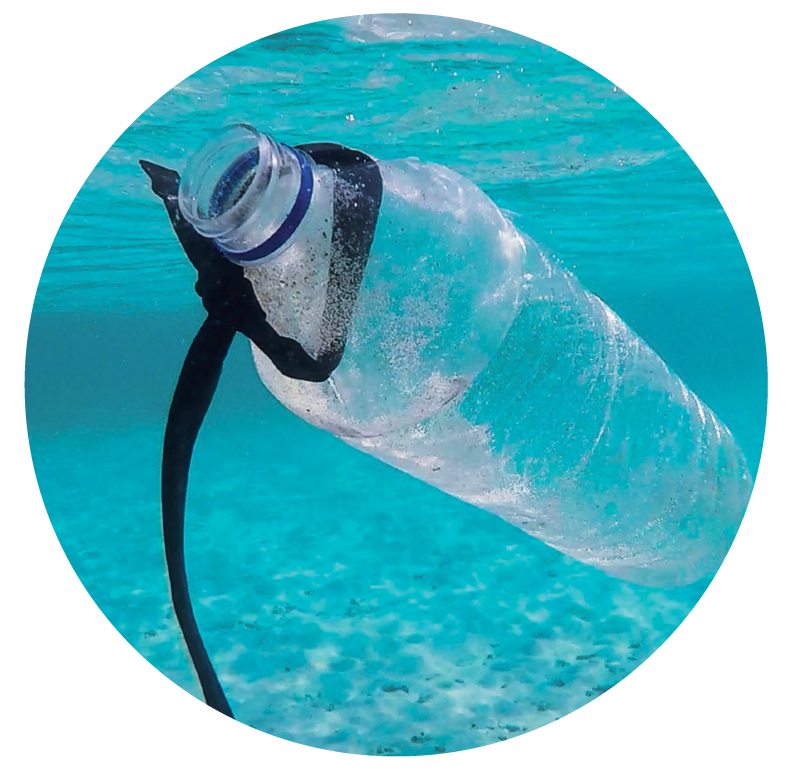Educational Program in Bahía de la Paz, México

Context
The peninsula of Baja California and, specifically, the coast of Bahía de la Paz, make up a unique marine environment in the world, an ecosystem rich in natural resources, but also threatened by complex economic and social activity.
Marine litter is reaching alarming levels, choking our oceans. Plastic is everywhere.
The tide of plastic is one of the most pressing concerns about our environment and now more than ever, scientists and local initiatives must come together to address this crisis and ensure the survival of the planet.
Learning Objectives
1
2
3
4
Developed Activities
The course, adaptable to the academic needs of the students and to the university study plans, is eminently practical, but it also includes theoretical training actions before, during and after the fieldwork to integrate the concepts of the topics addressed.
Each of the habitats and characteristic organisms analyzed will be worked on in the field and in the classroom, to reinforce the concepts and provide practical experiential learning.
The fieldwork will focus on the protection of marine species, with special attention to the dolphin communities that inhabit these environments. Research work will be carried out for the identification, behavior and demography of dolphins in Bahía de la Paz.
Likewise, the necessary actions will be analyzed to guarantee the survival of species through the correct management of waste and marine pollutants.
Each day will be a combination of lectures, outings and practical exercises that will allow students to identify, analyze and investigate environmental problems seen or experienced during the visits.

Expected Results
1
2
3
4
5
Training
complementary
Global Youth Academy is Lea Global’s e-learning platform that offers training on the United Nations 2030 Agenda and how to adhere, through action, to the different SDGs. All projects include 120 hours of training at the Global Youth Academy, as well as continuous online support on the subject developed.

